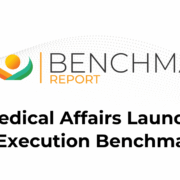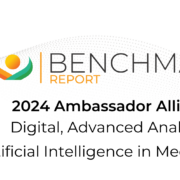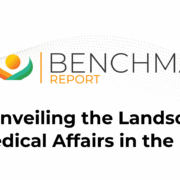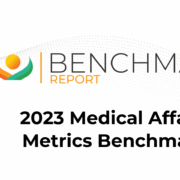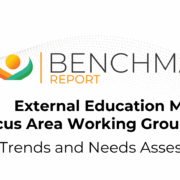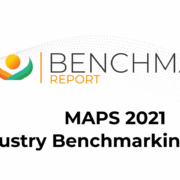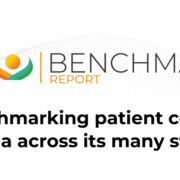2025 Medical Affairs Launch Readiness and Execution Benchmark Report
The Medical Affairs Professional Society (MAPS) is pleased to share the 2025 Medical Affairs Launch Readiness and Execution Benchmark Report. This report is based on findings from 28 leading organizations across Pharmaceutical, Biotech, and Medical and Diagnostic Device sectors, and reflects broad leadership thinking about the role of Medical in product launch, current and future challenges, and the capabilities required to succeed in the future.

